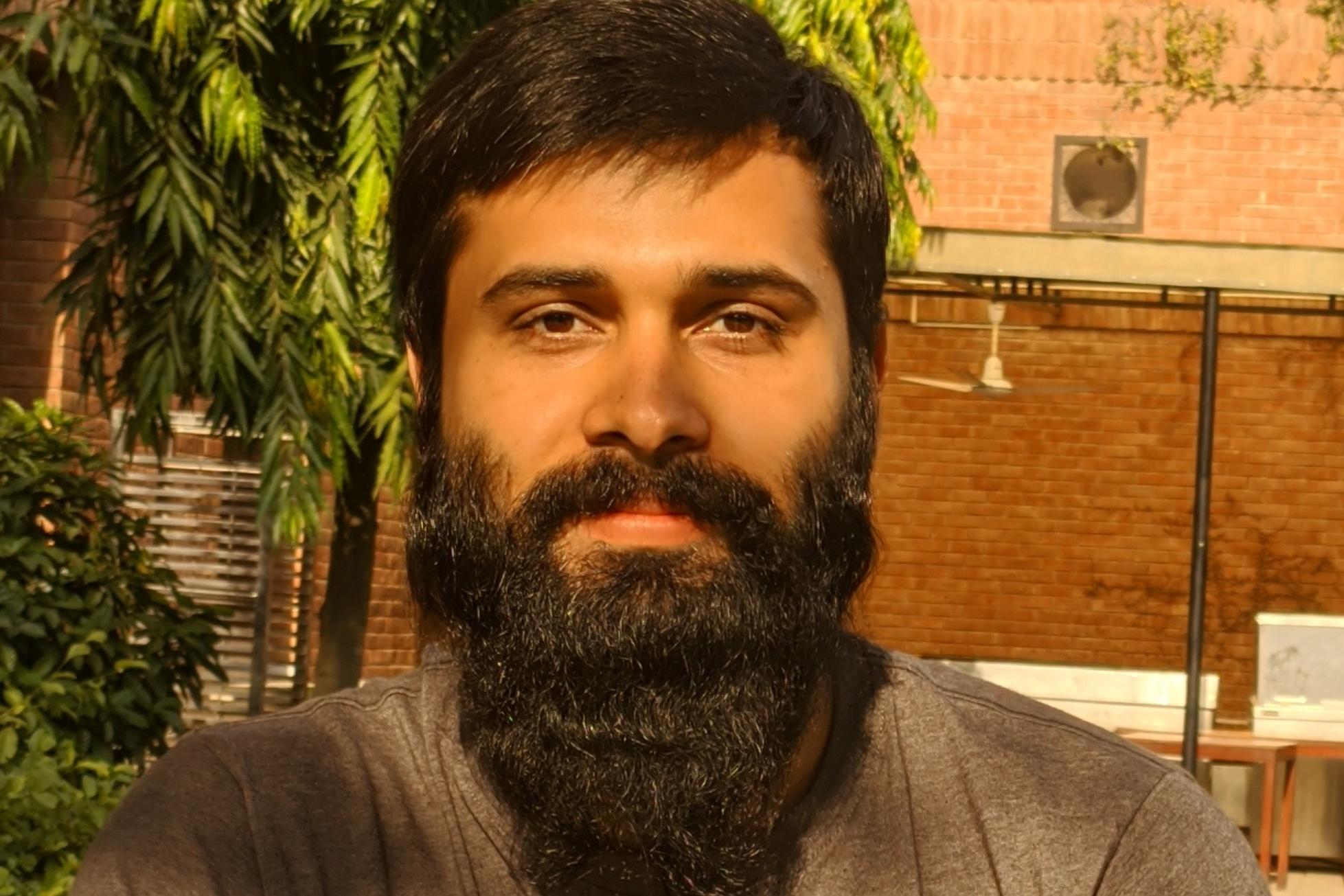
Development of cell-based models for the characterization of canonical histone H4 onco-variants
Abstract
Chromatin is a complex of DNA and other proteins that are present in eukaryotic cells. Nucleosome is the fundamental unit of chromatin and consists of ∼147 bp of DNA bound with an octamer of histone containing two copies each of H2A, H2B, H3 and H4. About 1/5th of the histones consists of positively charged lysine and arginine in their structure that helps in their tight association with negatively charged DNA. This gives the histone a “bead on a string” conformation. Nucleosomes are joined together by 10-90 bp of linker region. Out of these four canonical histones, different residues of histone H4 play an integral part in maintaining nucleosome core particle by binding with DNA and adjacent histones, thereby promoting genome integrity. Histone proteins have been found to be mutated in various cancers. Some of these onco-histone mutations have been found to alter chromatin structure and gene expressions in various cancers. In the current project, we aim to characterize onco-histone H4 mutations that have been found in various cancers by establishing cell-based models. We hypothesize that onco-histone H4 mutations affect genome integrity and thereby contribute towards oncogenesis.
The specific objectives in this project are:
- Bioinformatics based selection of histone h4 mutations from online databases
- Generation of cell-based models for selected onco-histone mutations
- Validation of cell-based models
- Characterization of onco-histone H4 mutations
The onco-histone H4 mutations will be identified from online database on the basis of their structural, functional and post-translational modifications. Cell based models will be generated using mammalian expression vector and stable inducible cell lines will be produced containing various mutations. The effect of these mutations will be studied on these cells using various proliferative and DNA damage assays. The future prospects of this research lie in studying the mechanistic aspects of these mutations and if these mutations can play their role in therapeutics against cancer treatment.
Committee Member:
- Dr. Muhammad Shoaib
- Dr. Afzal Dogar

